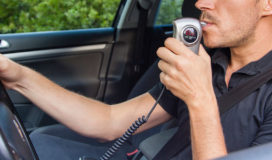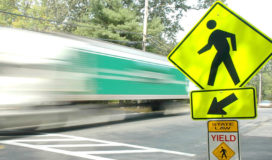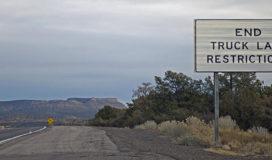What Must be Proven for a California Negligence Claim to Succeed?
Negligence in California is defined as an action or a failure to take action when someone owes a legal duty to another person. For example, a supermarket’s managers and staff are obliged to maintain safe and hazard-free aisles for their customers. Any shopper who slips on a spilled liquid that has not been cleaned up quickly and who thus breaks an arm or a leg can file a negligence claim against the supermarket.
Under California law, a person is negligent if they do something that a reasonably careful person would not do in the same situation, or if they fail to do something that a reasonably careful person would do in the same circumstance.
For an action to be considered negligent under California negligence law, several conditions have to be met. A prosecutor must prove that the defendant had a duty to meet, whether through committing or refraining from committing an act, and they somehow breached this duty. They must prove that the defendant’s breach of duty caused the plaintiff harm. They must also prove that the defendant should have known about the dangers of their negligent behavior. Lastly, there must be a demonstrable proof of harm incurred, for example, medical expenses, lost wages, or earning potential.
California law does not impose a duty on any person to rescue others from their peril. This is especially true when the person in need of rescue created the peril. So if one finds a person at risk of injury, the law does not require anyone other than appropriate authorities to come to their aid.
In negligence cases involving certain kinds of highly dangerous situations, liability may be automatically imposed, regardless of whether the defendant has committed ordinary negligence. This type of negligence application is known as strict liability. California law mainly recognizes three categories of these situations, including abnormally dangerous activities, wild and dangerous animals, and defective products that have been placed into the flow of commerce by a commercial seller or distributor.
Employers in the golden state may also be held vicariously liable for the negligence of employees acting in the scope of employment. For instance, the employer of a delivery driver may be liable for a car accident that happened while the driver was making their deliveries.









